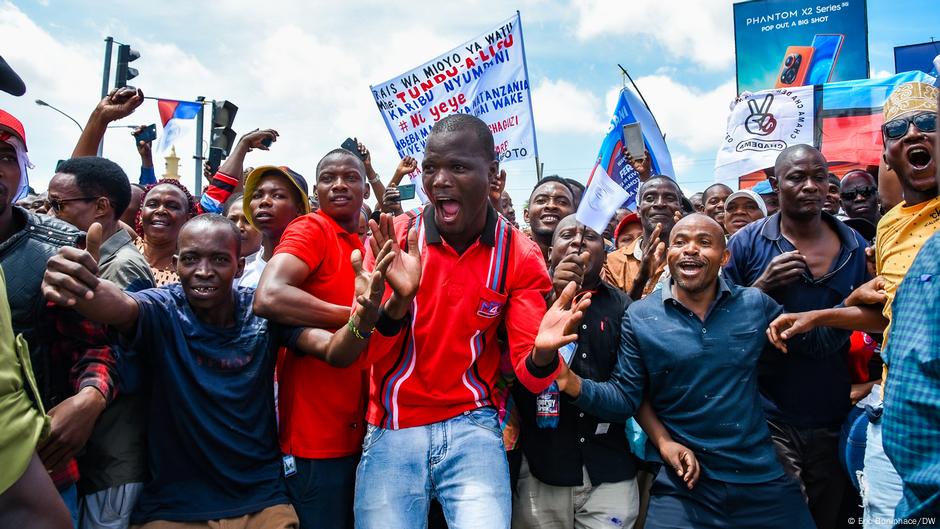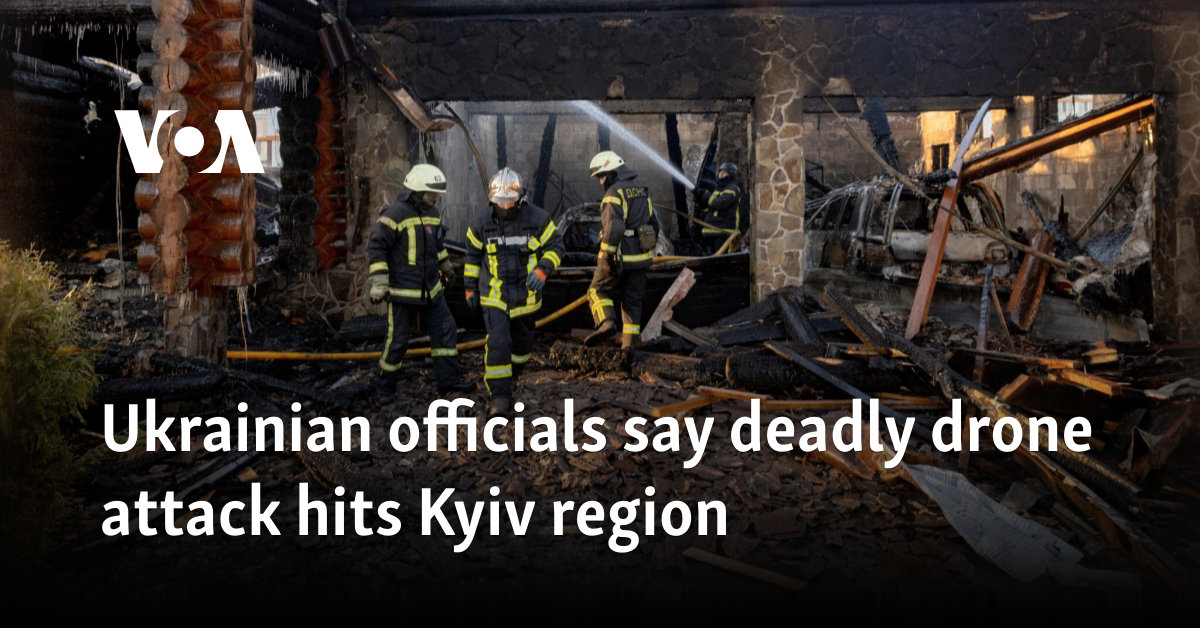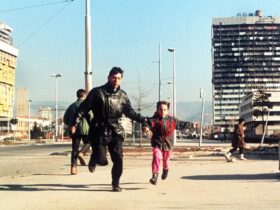Tanzania’s largest opposition force Chadema is boycotting the upcoming presidential election, citing demands for fundamental electoral reforms.
Meanwhile, presidential candidate Luhaga Mapina of the second largest opposition party, the Alliance for Change and Transparency (ACT-Wazalendo), has been disqualified by the Independent National Electoral Commission.
Small registered parties exist, but historical data shows that they rarely garner more than 5% of the vote.
As a result, real political competition appears to be at an all-time low, raising questions about the future of the opposition as well as the direction of democracy in Tanzania.
“In this election, the ruling C.C.M. [Chama Cha Mapinduzi] “It’s competing against less powerful parties,” Dar es Salaam-based political analyst Lukman Maloto told DW. Judging by the campaign scenes, some of these parties have not even been able to organize rallies. It seems as if CCM is going unopposed.”
erosion of political competition
The absence of the main opposition has sparked a national debate over its role. In previous years, these parties were important in strengthening parliamentary debates, questioning government performance, and raising alternative policy arguments.
“Tanzania has never seen a situation like this in 30 years of multi-party democracy,” said Khalifa Saeed, founder of the independent online media platform. Chanzo,
“This is an unprecedented and unusual situation in a multi-party system, which deprives citizens of the right to elect the people they want to public offices,” he told DW. It is said that opposition politicians will use the moment to remind the public that the country’s founders never intended for such an outcome when they restored the multi-party system.
The strength of the opposition was evident in the 2015 election when the parties united under the Alliance for the People’s Constitution. However, that unity did not prove durable. The combination of rising political tensions, a restrictive electoral environment, and weakening political competition has weakened the opposition’s position.
Sayeed acknowledged that the ruling CCM has taken advantage of its “unlimited powers in the political structure” to tilt the political landscape in its favor, yet argued that this has not eliminated the inherent threat posed by the opposition.
“This is not the first time. When [Tanzania’s fifth president] When John Magufuli came to power in 2015, he took strict measures against the opposition. But in the 2020 election, he was surprised at how Chadema candidate Tundu Lissu managed to garner massive support across the country,” he said.
Lissu and the ‘No Reforms, No Elections’ campaign
Lissu, the current head of Chadema, now faces treason charges related to his “No Reforms, No Elections” campaign, which the government claims was aimed at creating chaos. Lissu and his party say that despite the electoral body’s new name – the Independent National Electoral Commission – the appointment of electoral leaders and the conduct of elections remains heavily influenced by the government.
Mass mobilization campaigns are circulating on social media, urging protests to take place on election day, 29 October, in line with Lissu’s call to “stop this election”. However, some political analysts have questioned whether Tanzanians would risk a large-scale crackdown based on the previous government’s responses.
Lukman Maloto said, “The electoral process is now irreversible. Rather than halting the elections, Tanzanians will likely vote on October 29.”
“However, the likely winner, incumbent Samia Suluhu Hassan, needs to remember that Tanzania is one country, and political differences should not be allowed to divide the country.”
The opposition has long complained about the state using its tools to control their activities. Arrests, restrictions on meetings, and tight surveillance have systematically undermined political freedoms and eroded public confidence in political equality.
“When people compare the victim – in this case, Chadema – and the perpetrator – the CCM-led government – they will show their sympathy to the opposition for all that has been done against them. Now it is up to Chadema to use that empathy to its advantage,” Khalifa said, adding that these measures could inadvertently boost mass support for the opposition.
Different landscape in Zanzibar
While the mainland election has been stripped of major opposition participation, the semi-autonomous archipelago of Zanzibar offers a different scenario for its parallel presidential and parliamentary elections.
There, the main opposition force is ACT-Wazalendo, and their rallies have seen massive turnouts. Their presidential candidate, Othman Massoud, is campaigning for greater autonomy for the islands, and waging a fierce battle against corruption and land grabs.
The ruling party, CCM, with incumbent Hussein Mwinyi seeking his second and last term, is campaigning on a platform of calling for continuity for development projects and strengthening the union with the mainland.
“So far, election campaigns have been peaceful,” said Salim Saeed, a veteran Zanzibar journalist. This calm is notable, as the islands have a history of significant violence during and immediately following elections, often associated with tightly contested outcomes.
Edited by: Cai Nebe






Leave a Reply